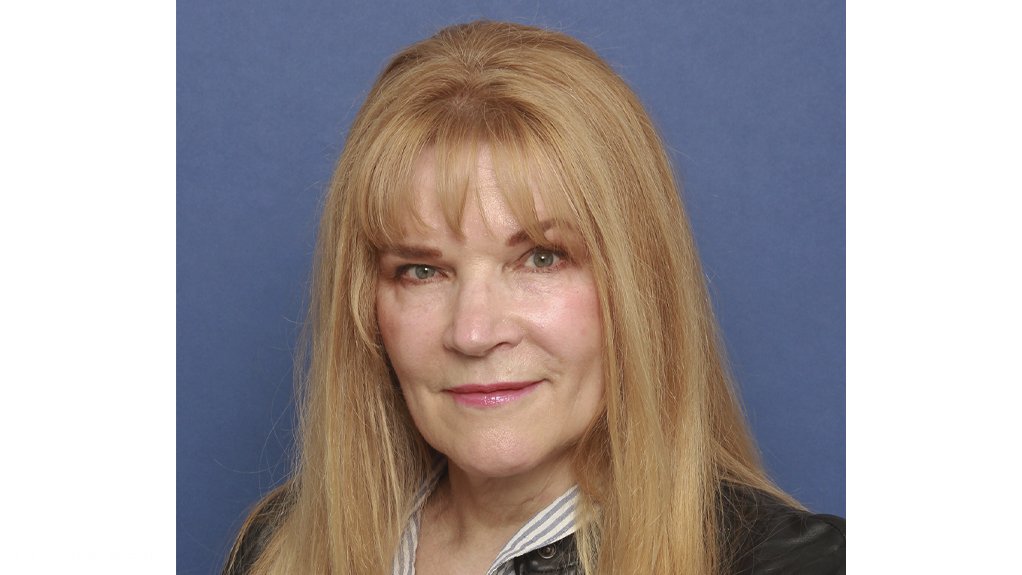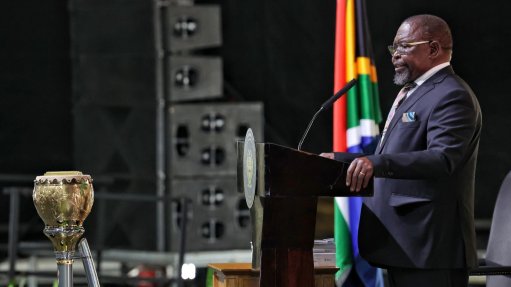Fedhasa hopeful tourism, hospitality industry will get more than footnote mention in budget speech


Federated Hospitality Association of South Africa national chairperson Rosemary Anderson
Hospitality industry representative body the Federated Hospitality Association of South Africa (Fedhasa) reports that South Africa’s tourism and hospitality industry hopes to receive greater attention in Finance Minister Enoch Godongwana’s upcoming 2022 budget speech beyond just a “footnote” mention.
He will present the year’s budget expectations and targets to Parliament on February 23.
In former Finance Minister Tito Mboweni’s 2021 budget speech, the Department of Tourism was pegged down to reprioritise R540-million over the medium term to establish the Tourism Equity Fund (TEF) as one of the measures to support the tourism sector recovery.
However, Fedhasa points out that a court battle the same year, to rule on the legality of the requirement for firms to be at least 51% black-owned and controlled, subsequently led to the establishment of a panel to reassess the fund and its criteria.
“That was the only mention of tourism in the budget speech,” states Fedhasa in a statement.
Fedhasa national chairperson Rosemary Anderson says tourism’s rich potential to create jobs as South Africa’s second-highest gross domestic product-earner is continuously stymied, “not least because it gets so little budget or indeed attention to unlock the critical factors required for its success.”
She adds that certain measures could be implemented by government to boost the tourism and hospitality sectors, including visa waivers and a “best-of-breed, functioning” digital visa system.
“Our new online visa application system, announced [during the] State of the Nation Address by President Cyril Ramaphosa [on February 10], is still not operational, and this is a major obstacle to attracting large markets such as India and China,” says Anderson.
She adds that South Africa’s current compulsory requirement for a Covid-19 polymerase chain reaction test is a further significant deterrent. In addition, Anderson points out that other related and critical government departments are not functioning as they should, including those facilitating the provision of appropriate licences timeously, such as the Liquor Boards and National Public Transport Regulator.
In addition to these obstacles, Anderson says the low budgets allocated by government for tourism marketing, put the country at a disadvantage to other long-haul destinations whose budgets “far exceed ours”.
“Tourism needs an all-of-government approach to create an enabling environment to flourish and to achieve the Department of Tourism’s stated goal of 21-million tourist arrivals by 2030.
“Every Minister should be reviewing whether their departments are, in fact, hampering tourism or stimulating it,” she suggests.
Considering that each tourist to South Africa generates between seven and ten jobs, giving tourism the budget and otherwise general “government attention” is the “low-hanging fruit to turn around the incredible levels of unemployment in South Africa”, says Anderson.
In 2014, Fedhasa points out that travel and tourism’s contribution to employment was estimated to be larger than the individual contribution of the agriculture, automotive manufacturing, chemical manufacturing and mining sectors.
As such, Fedhsasa says about 1.5-million direct and indirect jobs were supported by tourism.
Further, because of its geographic distribution and low barriers to entry, the tourism industry also generates economic activity, opportunities for small and medium-sized enterprises and employment for low- and semiskilled workers in rural and remote areas.
“Tourism is more than ‘living your best life’ on holiday with family and friends. It is about inclusive economic growth, massive job creation and exports. It is about trade, travel for business, aviation, accommodation and restaurants.
“Consequently, it should be more than a footnote [mention by Ministers]. Feed tourism and [it] will deliver on its economic promise,” she concludes.
Article Enquiry
Email Article
Save Article
Feedback
To advertise email advertising@creamermedia.co.za or click here
Announcements
What's On
Subscribe to improve your user experience...
Option 1 (equivalent of R125 a month):
Receive a weekly copy of Creamer Media's Engineering News & Mining Weekly magazine
(print copy for those in South Africa and e-magazine for those outside of South Africa)
Receive daily email newsletters
Access to full search results
Access archive of magazine back copies
Access to Projects in Progress
Access to ONE Research Report of your choice in PDF format
Option 2 (equivalent of R375 a month):
All benefits from Option 1
PLUS
Access to Creamer Media's Research Channel Africa for ALL Research Reports, in PDF format, on various industrial and mining sectors
including Electricity; Water; Energy Transition; Hydrogen; Roads, Rail and Ports; Coal; Gold; Platinum; Battery Metals; etc.
Already a subscriber?
Forgotten your password?
Receive weekly copy of Creamer Media's Engineering News & Mining Weekly magazine (print copy for those in South Africa and e-magazine for those outside of South Africa)
➕
Recieve daily email newsletters
➕
Access to full search results
➕
Access archive of magazine back copies
➕
Access to Projects in Progress
➕
Access to ONE Research Report of your choice in PDF format
RESEARCH CHANNEL AFRICA
R4500 (equivalent of R375 a month)
SUBSCRIBEAll benefits from Option 1
➕
Access to Creamer Media's Research Channel Africa for ALL Research Reports on various industrial and mining sectors, in PDF format, including on:
Electricity
➕
Water
➕
Energy Transition
➕
Hydrogen
➕
Roads, Rail and Ports
➕
Coal
➕
Gold
➕
Platinum
➕
Battery Metals
➕
etc.
Receive all benefits from Option 1 or Option 2 delivered to numerous people at your company
➕
Multiple User names and Passwords for simultaneous log-ins
➕
Intranet integration access to all in your organisation


















